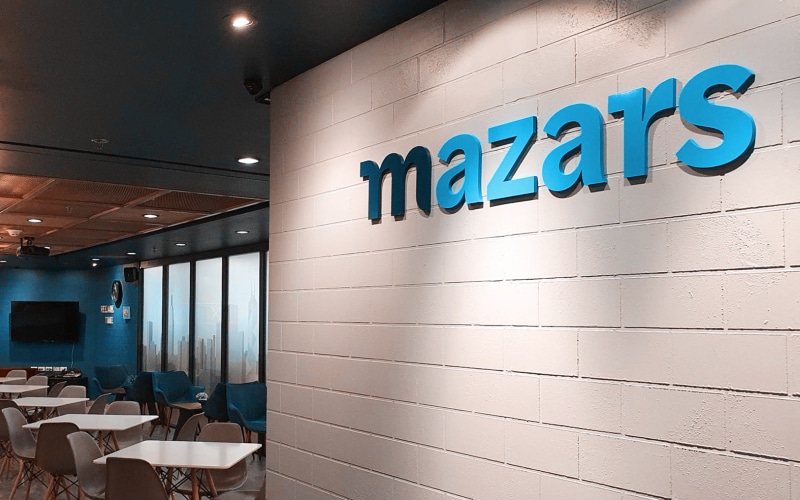International audit, tax, and advisory firm Mazars reportedly pause its proof-of-reserves work with global crypto firms such as Binance, KuCoin, and Crypto.com.
A Mazar’s spokesperson stated it has “paused its activity relating to the provision of Proof of Reserves Reports for entities in the cryptocurrency sector due to concerns regarding the way these reports are understood by the public.”
Following the FTX collapse, Binance CEO CZ announced that Binance will start proof-of-reserves for “full transparency” and also suggested that all cryptocurrency exchanges do Merkle-tree proof-of-reserves.
Many crypto exchanges, such as KuCoin and Crypto.com, followed suit and started collaborating with auditing firms to release their proof-of-reserves reports to offer user transparency.
The Mazars Veritas section, which was devoted to auditing crypto exchanges, is currently completely gone from the company’s official website. The section was created by the French firm utilizing the Silver Sixpence Merkle Tree Generating tool to supplement proof-of-reserve reports.
This move by Mazars came right after it published the proof-of-reserves report of Binance. Binance received huge criticism following it as Mazars’ report was not a complete audit and had many shortcomings.
Also Read: Binance Experiences a Massive Surge in Daily Withdrawals
A Binance spokesperson stated, “Mazars has indicated that they will temporarily pause their work with all of their crypto clients globally, which include Crypto.com, KuCoin, and Binance. Unfortunately, this means that we will not be able to work with Mazars for the moment.”
The spokesperson added, “We have reached out to multiple large firms, including the Big Four, who are currently unwilling to conduct a PoR for a private crypto company and we are still looking for a firm who will do so.”
Following this, Binance CEO CZ shared the proof-of-reserves report from blockchain analytics firm CryptoQuant. The report notes that Binance’s ETH and Stablecoin reserves are not showing “FTX-like” behavior at this point.
“We found that Binance’s reported liabilities are very close to what we thought they would be (99%),” the CryptoQuant tweeted.
Also Read: Bybit releases Merkle Tree-Verified Proof of Reserves






